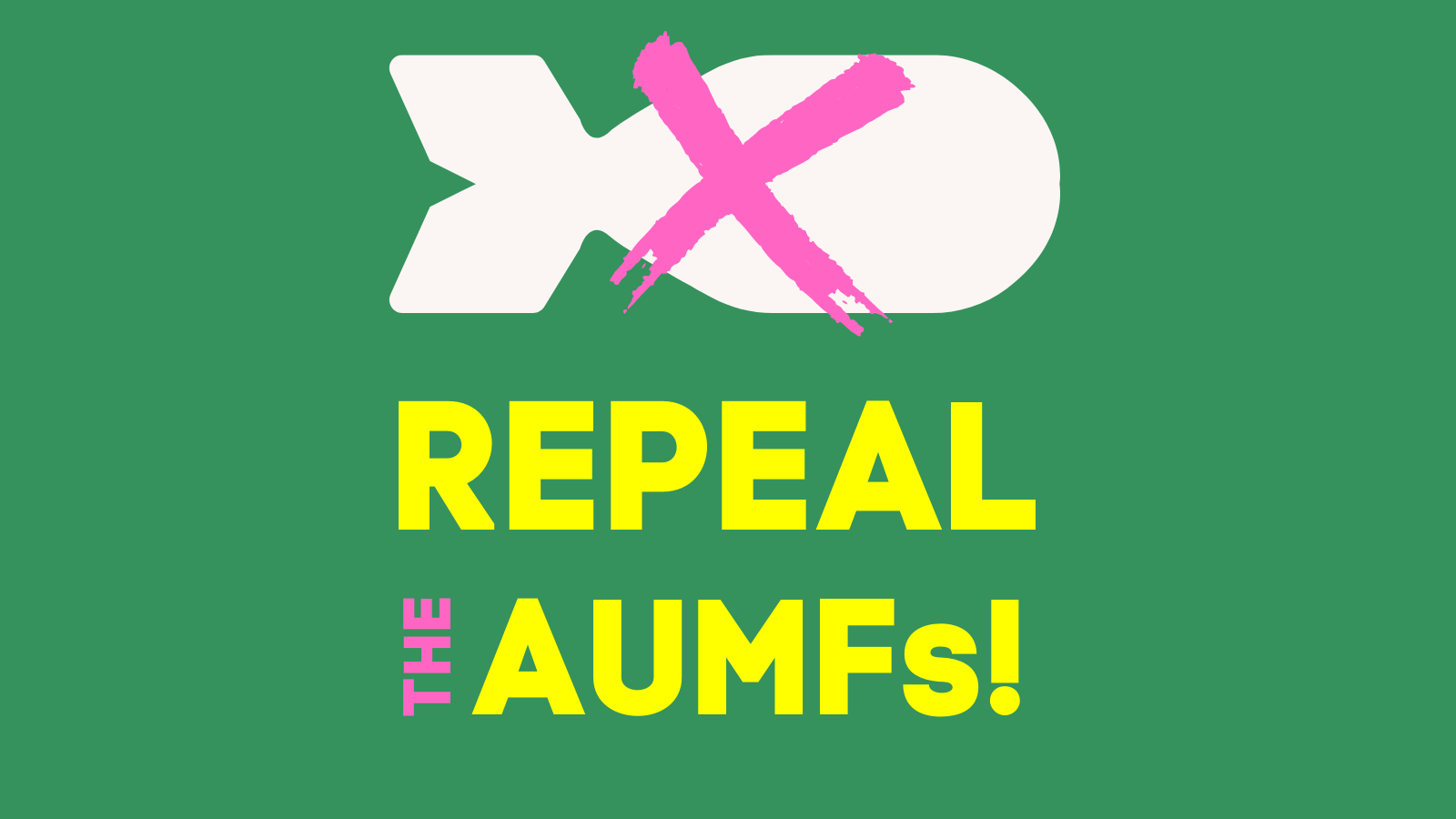Transpartisan Coalition of 25 Orgs to Congress: Sunset AUMFs, Debate Future Authorities

Last Updated on February 17, 2021.
On February 17, 2021, a diverse coalition of 25 organizations spanning the ideological spectrum sent a letter to Congress calling on it to sunset the 2001 Authorization for the Use of Military Force (AUMF), repeal the 2002 Iraq AUMF, and publicly and carefully debate whether there is a need for replacement authorizations.
The full text of the letter is available below and here.
February 17, 2021
Dear Members of Congress,
As organizations from across the ideological spectrum, we are committed to addressing one of our country’s most critical national security needs: ending our forever wars. We don’t always agree on the reasons to do so, but we do agree that nearly two decades of endless war has failed to make us safer and a new approach is necessary. To achieve this goal and reorient U.S. foreign policy away from the unaccountable, interventionist approach we’ve seen for nearly two decades, Congress must sunset the 2001 Authorization for the Use of Military Force (AUMF) and repeal the 2002 Iraq AUMF.
Since its enactment on September 14, 2001, the 2001 AUMF has served as a blank check for endless, global war under multiple presidents. Despite congressional intent to only give then-President George W. Bush the authority to use military force against those responsible for the 9/11 attacks and those who harbored them, the law failed to include any time limits, geographic constraints, specific objectives or an exit strategy. As a result, three successive presidents have used the law to unilaterally expand the nation’s use of military force against individuals, groups, and even nation states never intended by Congress. Presidents Bush, Obama, and Trump have used the 2001 AUMF to justify U.S. military action in 19 countries at least 41 times. The expansive U.S. militarized counterterrorism footprint now extends to at least 80 countries, costing an estimated $6.4 trillion, as well as the lives of thousands of American soldiers, and hundreds of thousands of civilians abroad.
Congress passed the 2002 Iraq AUMF to authorize force against the Saddam Hussein regime. It is not required for any ongoing military activities, as the executive branch relies on an overly broad interpretation of the 2001 AUMF for operations against ISIS, al Qaeda, and other groups. However, both the Obama and Trump administrations expanded their interpretation of the scope of the 2002 Iraq AUMF beyond congressional intent. Most recently, the Trump administration cited it as a legal basis for the targeted killing of Iranian general Qassem Soleimani, an action clearly unrelated to the original scope of the authorization. Retaining this law renders it susceptible to further abuse.
President Biden has stated a desire to end the forever wars. With this in mind, Congress should sunset the 2001 AUMF eight months after a law is enacted and immediately repeal the 2002 Iraq AUMF. Rather than expediting a new AUMF, Congress must first publicly debate whether military force is both necessary and appropriate for addressing current security challenges and what, if any, new legal authority may be necessary. In the interim, Article II of the Constitution provides the president with the legal authority needed to defend our country against an actual or truly imminent armed attack.
With a new president who has signalled support for our government’s institutional checks and balances and a U.S. public that supports an end to endless war, it is time for Congress seize the opportunity to reassert its constitutional authority over war powers. In fact, the U.S. Constitution places the power to declare war squarely in the hands of Congress for good reason. Our democracy relies on the foundational belief that it is the people to whom the U.S. government remains accountable, not the president. By assigning Congress the sole authority to declare war, our nation’s founders sought to ensure that a decision as momentous as the one to wage war was properly debated, scrutinized, and justified. Failing to sunset the 2001 AUMF and repeal the 2002 Iraq AUMF now will continue to effectively cede Congress’ power over war and peace to the executive branch.
In the past five years, the House of Representatives or its committees have voted to repeal both the 2001 AUMF and the 2002 Iraq AUMF, drawing both Democratic and Republican support. With a new administration who agrees that these authorizations are outdated, now is the time to finish the work Congress started. We urge you to join Rep. Barbara Lee’s effort in turning the page on this unsuccessful chapter of U.S. foreign policy by sunsetting the 2001 AUMF and repealing the 2002 Iraq AUMF.
Sincerely,
American Civil Liberties Union
Brennan Center for Justice
Bridges Faith Initiative
BringOurTroopsHome.US
Center for International Policy
Concerned Veterans for America
Council for a Livable World
Demand Progress
Defense Priorities Initiative
FreedomWorks
Friends Committee on National Legislation
Human Rights First
National Religious Campaign Against Torture
Pax Christi USA
Peace Action
Project On Government Oversight
Protect Democracy
Quincy Institute for Responsible Statecraft
R Street Institute
Secure Families Initiative
September 11th Families for Peaceful Tomorrows
The Center for Victims of Torture
VoteVets
Win Without War
Women’s Action for New Directions

